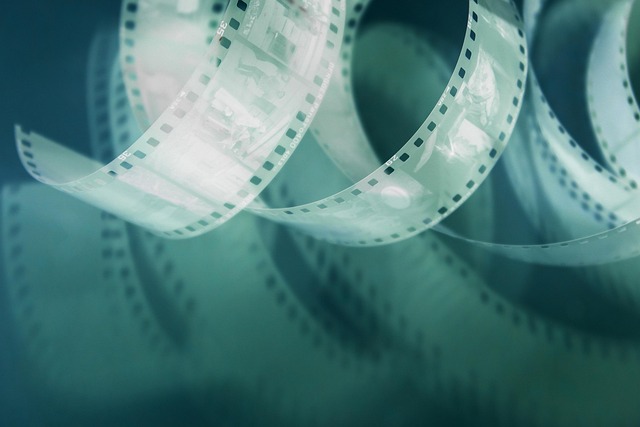The Evolution of Storytelling: When Film Meets Television
There’s a unique magic that unfolds when film influences television — a blend of cinematic artistry with the intimacy of the small screen. While traditionally, film has been perceived as the purveyor of grand, sweeping narratives, television has evolved from simple episodic tales to complex, multifaceted stories that demand the same emotional investment as a blockbuster movie.
The cinematic techniques brought into television production have transformed how viewers experience stories. Rich visuals, dynamic camera work, powerful musical scores, and meticulously crafted scenes once exclusive to the big screen are now staples in many of our favorite TV series. This fusion creates an immersive environment that resonates deeply, making audiences feel part of the unfolding drama.
Breaking Boundaries: Television as the New Epic Stage
Television no longer exists in the shadow of film but often steps into the spotlight with equal grandeur. Showrunners and directors borrow heavily from the language of film to create episodes that feel like mini-movies. With the luxury of extended storytelling, television explores characters and themes with a depth that film sometimes cannot achieve within its limited runtime.
Moreover, the rise of streaming platforms has amplified this trend, providing creators with both the resources and freedom to experiment. This has led to high-production-value shows that challenge traditional film narratives, blending genres and styles to keep viewers captivated week after week (or binge session after binge session).
Emotional Connection Through Cinematic Storytelling
When film’s essence permeates television, the storytelling becomes more emotive and immersive. Cinematic lighting, visual metaphors, and nuanced acting combine to evoke feelings that stay with us long after the credits roll. It’s this emotional depth that keeps viewers returning, craving more than just passive entertainment but a genuine connection to the characters and their journeys.
Ultimately, the impact of film on television is a testament to the evolving landscape of visual storytelling. It reflects our desire as an audience to experience stories that not only entertain but also move us, challenge us, and inspire us.




